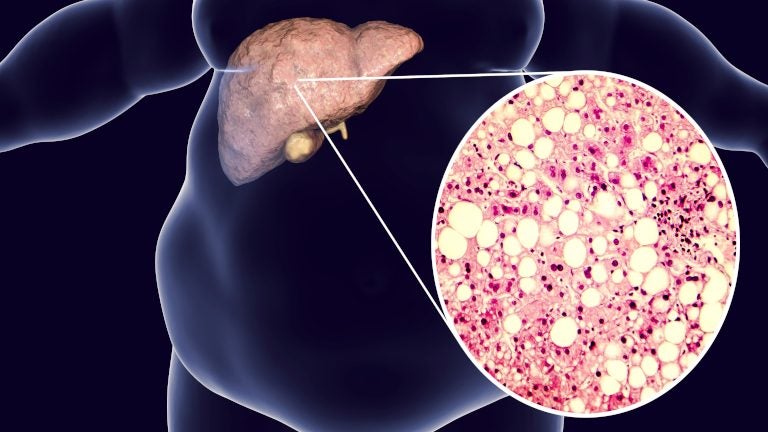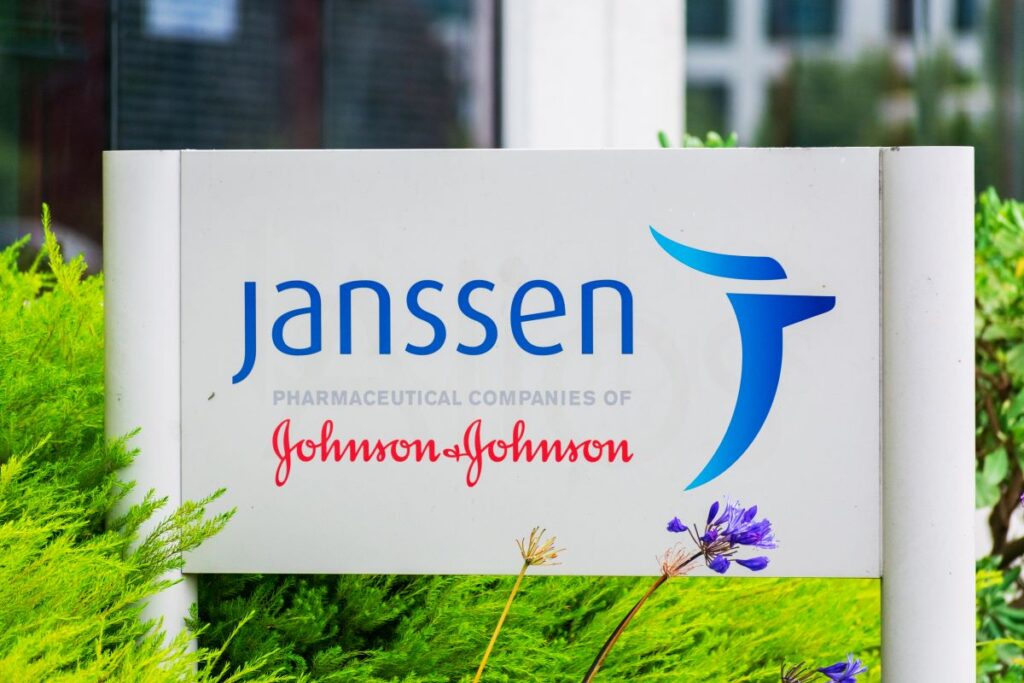Janssen Pharmaceuticals has presented long-term results from its CHRYSALIS study, which showed the combination of Rybrevant (amivantamab-vmjw) and lazertinib, was associated with sustained antitumor activity as a first-line treatment in patients with EGFR-mutated non-small cell lung cancer (NSCLC).
Additional data from CHRYSALIS-2 study was presented to bolster the findings. In addition,, safety study data for subcutaneous application of Rybrevant was reported.
CHRYSALIS (NCT02609776) is a Phase I open-label, multicentre study to evaluate the safety, pharmacokinetics and preliminary efficacy of Rybrevant as a monotherapy and in combinations including with lazertinib, a third-generation epidermal growth factor receptor (EGFR) tyrosine kinase inhibitor (TKI), in adults with advanced NSCLC.
Results were reported for the treatment-naive cohort of the ongoing CHRYSALIS study enrolled patients with EGFR exon 19 deletion (ex19del) or L858R-mutated advanced NSCLC.
All patients received Rybrevant and lazertinib. After a median follow-up of about three years (33.6 months), the median duration of response (DOR), median progression-free survival (PFS) and overall survival (OS) were not reached.
The estimated PFS rate was 85 percent after one year, 65 percent at two years and 51 percent at three years. Safety among patients in this cohort was consistent with previous reports and no new safety signals were reported.
Predictive biomarkers – CHRYSALIS-2 findings
CHRYSALIS-2 (NCT04077463) is an open-label study to evaluate the safety and pharmacokinetics of lazertinib as monotherapy or in combination with Rybrevant.
Data from Cohort D of the Phase I/Ib CHRYSALIS-2 study, which enrolled patients with advanced NSCLC harbouring common EGFR mutations including ex19del or L858R who have experienced disease progression on or after Osimertinib, was presented at the American Society of Clinical Oncology (ASCO)
Cohort D of the ongoing CHRYSALIS-2 study seeks to validate one or both potential biomarker strategies (NGS and IHC), previously identified in Cohort E, in patients with osimertinib-relapsed and chemotherapy-naïve, EGFR ex19del or L858R-mutated NSCLC.
Patients receive the recommended Phase II dose of lazertinib orally once daily and Rybrevant every seven days for the first 28-day cycle and every two weeks thereafter.
Among patients with MET (a proto-oncogene, receptor tyrosine kinase) overexpression as identified by immunohistochemistry, the response rate was 61 percent with a median PFS of 12.2 months. In contrast, patients with low MET expression had a response rate of 14 percent with a median PFS of 4.2 months.
This data was consistent with company’s prior data presentation at ASCO 2021, which indicated that immunohistochemical (IHC) staining (a testing method using antibodies to determine the relative level of certain antigens or markers in cancer tissue samples) for MET may identify patients more likely to benefit from treatment with the combination of Rybrevant and lazertinib.
Subcutaneous administration safety – PALOMA findings
PALOMA (NCT04606381) is an Phase I, open-label, multicentre study to assess the feasibility subcutaneous (SC) administration of Rybrevant as a potential treatment for patients with advanced NSCLC, and to determine a dose, dose regimen and formulation for Rybrevant SC delivery.
Results from the Phase I PALOMA study were showed Rybrevant SC dose was administered on the first day in less than seven minutes, potentially removing the need for split dosing.
The Johnson and Johnson (J&J) subsidiary reported meaningful reductions in the incidence and severity of infusion related reactions.
The company’s VP, Kiran Patel claimed that the data provide further evidence of the potential efficacy and safety profile of Rybrevant as both monotherapy and combination therapy for the treatment of patients with EGFR-mutated NSCLC and supports their commitment to advance personalized treatment regimens in areas of continued unmet need.
Rybrevant received accelerated approval by the US Food and Drug Administration (FDA) in May 2021 for the treatment of adult patients with locally advanced or metastatic NSCLC with EGFR exon 20 insertion mutations.
GlobalData forecasts the drug sales for J&J’s Rybrevant to be $674 million in 2029. However, the competing drugs for NSCLC, including currently in market Keytruda (by Merck), Tagrissio (by AstraZeneca) and Tencentriq (by Roche), are predicted to have higher sales.
GlobalData is the parent company of Clinical Trials Arena.















